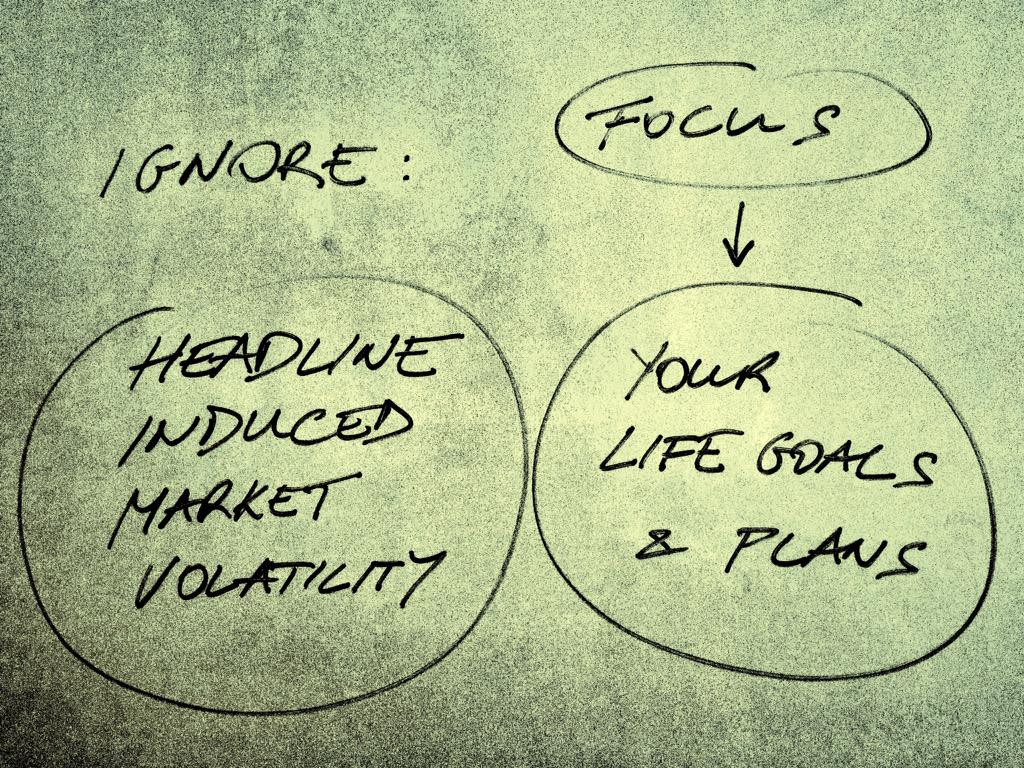
ITS FRIDAY FOLKS – WEEKEND ALMOST HERE -Today's Plan


The first step in dealing with any addictive pattern is identifying it–and identifying it as a problem. Here are a few questions that you might ask yourself:
* Have there been times when I told myself to stop trading, but still found myself placing trades any way?
* Do I find myself overtrading by putting on positions with too large size or by trading during periods when nothing is happening?
* Have my trading losses created problems for me in my relationship(s), or have they caused financial problems for me?
* Have people close to me told me that I need to stop trading?
* Is the pain from losing more extreme than the satisfaction from winning?
* Do I find my moods fluctuating with my P/L?
* Do I trade simply out of boredom sometimes?
* Do I find myself preoccupied with trading outside of market hours at the cost of other work and relationships?
Notice that, for many of these questions, you could substitute the word “drinking” or “gambling” for “trading”. The dynamics of addictions are the same across the board. If you answered yes to three or more of these questions, I would suggest that trading has become a problem for you.
How does one deal with addictive trading? The first step is to identify it, but the second–and harder–step is to acknowledge that you need help for it. It’s pride that tells us we can handle it on our own through will power, but addictions wouldn’t occur in the first place if will power were sufficient to prevent consequences. (more…)




I) You will not buy low or sell high.
II) You will cut your winners and let your losers run.
III) You will wish you owned more of what’s going up and less of what’s going down.
IV) You will be fearful when others are fearful.
V) You will fight the trend.
VI) You will not buy when there is blood in the streets.
VII) You will spend too much time worrying about low probability outcomes.
VII) You will invest for the long-term, or until we get a ten percent correction, whichever comes first.
IX) You will go broke taking small profits.
X) You will not just sit there, you’ll do something.